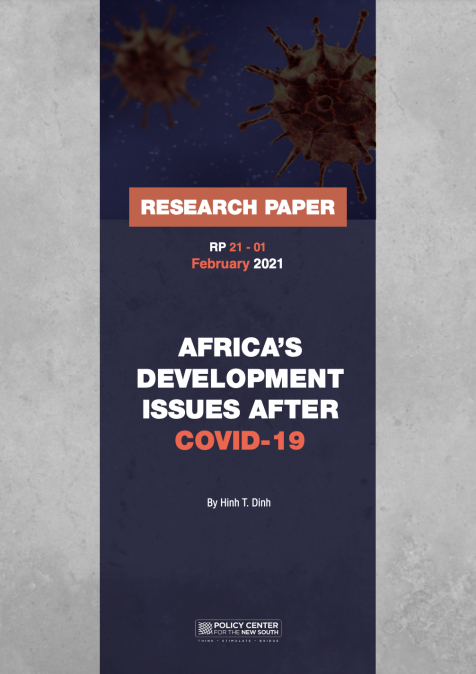Publications /
Research Paper
There is a long tradition in transportation planning research in quantifying remoteness in the context of accessibility indicators. Considering an existing system’s network structure and its components’ performance, it is possible to assess the socio-economic impacts of changes in the physical characteristics of specific links that affect critical locations. Nonetheless, the connection between changes in accessibility and their socio-economic consequences frequently relies on using parameters estimated econometrically under partial equilibrium frameworks. More recently, modeling integration based on links between transportation networks and computable general equilibrium (CGE) models has been gaining attention from the research community. In this paper, we add to this research trend by examining the case of remote regions in Morocco. The physical transportation network in the country is particularly interesting for understanding the economic costs of isolation. We calibrate a spatial CGE model for Morocco and integrate existing interregional trade flows into the transportation infrastructure to simulate the potential higher-order economic impacts of a road project improving the access of regions in the Southern part of the country.










